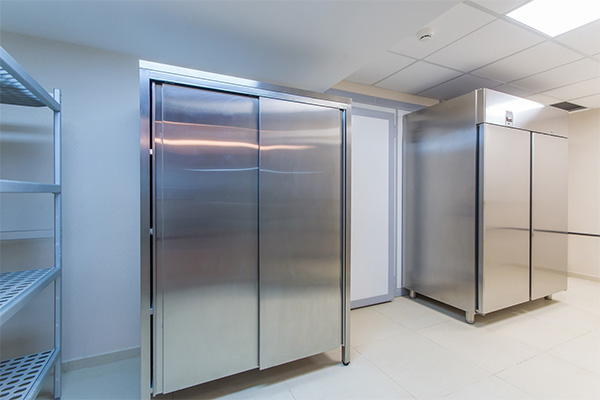
Truck loads and trucking careers are at the core of the freight transportation industry, playing a crucial role in the global supply chain. Understanding how truck loads operate and what it takes to pursue a career in trucking offers valuable insights into this vital sector. This article delves into the types of truck loads, the logistics behind them, and the pathways to a rewarding trucking career.
Understanding Truck Loads
Types of Truck Loads:
- Full Truck Load (FTL):
- Description: FTL involves transporting goods that fill an entire truck, either by volume or weight.
- Advantages: Faster transit times, less handling of goods, and reduced risk of damage or loss.
- Ideal For: Large shipments that can occupy a full truck.
- Less-than-Truckload (LTL):
- Description: LTL combines multiple smaller shipments from different customers into one truck.
- Advantages: Cost-effective for smaller loads, flexible shipping options, and lower environmental impact.
- Ideal For: Businesses with smaller quantities of goods that don’t require an entire truck.
- Dry Van Loads:
- Description: Enclosed trailers used to transport a wide range of non-perishable goods.
- Advantages: Protection from weather and external elements.
- Ideal For: General cargo, consumer goods, and retail products.
- Refrigerated Loads (Reefer):
- Description: Temperature-controlled trucks for perishable items.
- Advantages: Maintains the integrity of temperature-sensitive products.
- Ideal For: Food, pharmaceuticals, and other perishable goods.
- Flatbed Loads:
- Description: Open trailers for oversized or irregularly shaped items.
- Advantages: Easy loading and unloading from any side.
- Ideal For: Construction materials, machinery, and large equipment.
- Tanker Loads:
- Description: Trucks designed to carry liquids and gases.
- Advantages: Specialized for safe transportation of hazardous and non-hazardous liquids.
- Ideal For: Fuel, chemicals, and food-grade liquids.
Logistics of Truck Loads:
- Load Planning: Effective planning of truckloads ensures the optimal use of space and weight distribution, compliance with regulations, and safe transportation.
- Route Optimization: Choosing the best routes based on distance, road conditions, and delivery schedules to maximize efficiency and minimize costs.
- Technology Integration: Modern logistics utilize GPS, load management software, and real-time tracking to enhance efficiency and transparency.
Pursuing a Career in Trucking
Becoming a Truck Driver:
- Education and Training:
- Requirements: High school diploma or equivalent.
- Commercial Driver’s License (CDL): Essential for driving commercial vehicles. Obtaining a CDL involves passing written and road tests.
- Training Programs: Many trucking companies offer training programs, and there are numerous driving schools specializing in CDL training.
- Skills and Attributes:
- Driving Skills: Proficiency in handling large vehicles.
- Attention to Detail: Ensuring cargo safety and compliance with regulations.
- Time Management: Meeting delivery schedules efficiently.
- Physical Stamina: Enduring long hours on the road.
- Job Opportunities:
- Local Drivers: Operate within a specific region, allowing more home time.
- Regional Drivers: Cover larger areas but still offer regular home time.
- Long-Haul Drivers: Travel across states or countries, often spending weeks away from home.
- Advancement and Specialization:
- Owner-Operator: Running your own trucking business.
- Specialized Hauling: Transporting specific types of cargo, such as hazardous materials or oversized loads.
- Logistics Management: Transitioning to roles in dispatch, route planning, or fleet management.
Benefits and Challenges of a Trucking Career:
Benefits:
- Job Security: High demand for truck drivers ensures steady employment.
- Travel Opportunities: Experience different parts of the country.
- Independence: Enjoy the autonomy of the open road.
Challenges:
- Long Hours: Extended periods away from home can be challenging.
- Physical Demands: Long hours of driving and the need to load/unload cargo.
- Regulatory Compliance: Adhering to various regulations and maintaining up-to-date certifications.
Truck loads and trucking careers are integral to the freight transportation industry, ensuring the efficient movement of goods across vast distances. Understanding the types of truck loads and the logistics behind them helps businesses optimize their supply chain operations.
For individuals seeking a dynamic and rewarding career, trucking offers numerous opportunities for growth and specialization. Whether you’re considering entering the trucking industry or looking to optimize your logistics operations, the world of truck loads and trucking careers provides a wealth of opportunities and challenges, all vital to keeping the wheels of commerce turning.
Keep an eye for more latest news & updates on Buzz Telecast!






